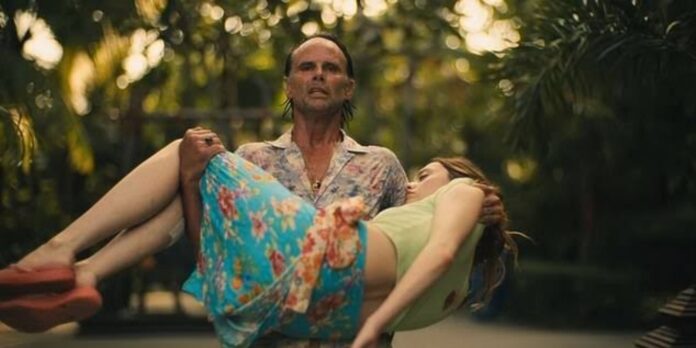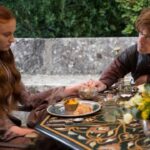Mike White’s third installment of ‘The White Lotus’ may not deliver on all the expectations it built up over its previous episodes. However, the ending did offer something rawer, deeper, and ultimately more human.
With its 90-minute finale, titled “Amor Fati”, a Latin phrase meaning “love of fate”, the series signs off with an eerie reminder. It establishes that not every resolution offers peace, and not every rebirth is without blood.
The Moral Spiral Of Belinda And Gaitok
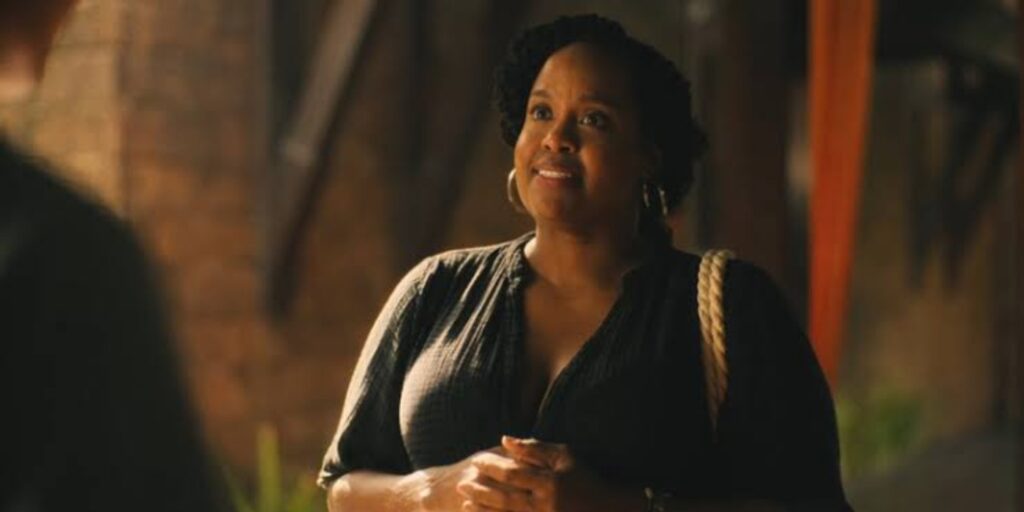
‘The White Lotus’ finale doesn’t just close arcs; it presses them under the weight of moral compromise, spiritual contradiction, and emotional grief. The return of Belinda, the spa manager from Season 1, might have excited long-time fans expecting poetic justice. They wanted her to succeed and perhaps open the successful wellness empire Tanya once promised her.
Related: ‘The White Lotus’ Cut A Nonbinary Trans Storyline After Trump’s Win And It Altered A Major Character
However, the expectations were served to say the least. Instead of rising through ethical means, Belinda’s arc bends under the same moral ambiguity that marks so many of White’s characters. When she and her son Zion extort Greg for $5 million, it initially feels like payback. Moreover, her abandonment of the spa dream with Pornchai isn’t just disappointing; it’s deeply human.
For all the show’s thematic scope, this moment shrinks into something painfully intimate. The realization that money, even when earned through emotional coercion, speaks louder than personal integrity is heavy. Belinda isn’t the hero or the villain, she’s just tired of being poor. On the other side of the spectrum is Gaitok, whose inner conflict plays out on a spiritual battlefield.
A devout Buddhist, he is faced with an agonizing decision: uphold his values or embrace violence to secure his future. When he pulls the trigger on Rick, it’s not just a death knell for Rick but for Gaitok’s own innocence. However, unlike Belinda, his reward was much smaller but he did manage to secure the bodyguard job he wanted. These two arcs mirror each other showcasing the contrast even in the similarity.
The Finale Perfectly Showcased What Vengeance Can Do To People And Their Loved Ones
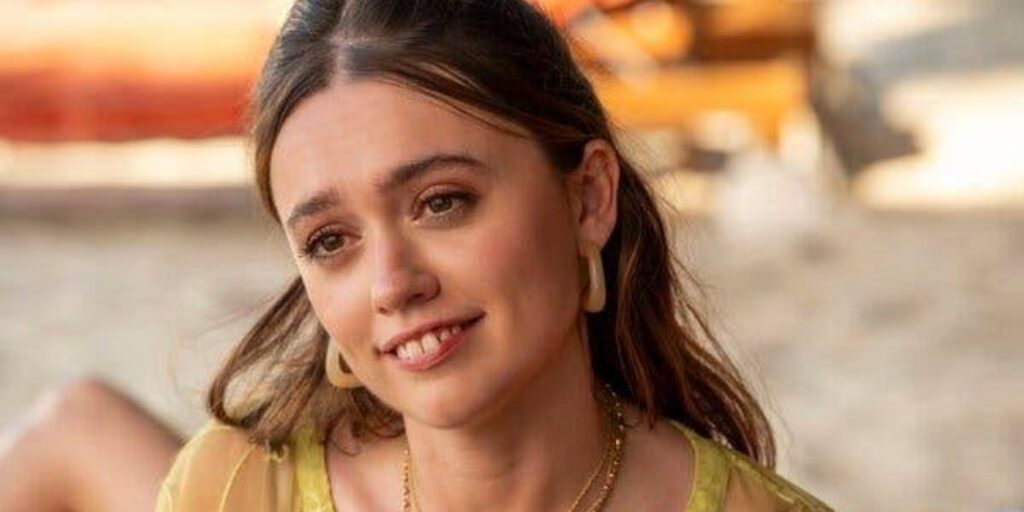
The death of Jim Hollinger at Rick’s hands may have been telegraphed from earlier episodes, but the scene is no less jarring. Fueled by years of pain and shame, Rick’s decision to shoot the man who may or may not be his father is a moment of emotional combustion. The twist that Jim is his father was hilariously grim.
And then there’s Chelsea, who just ends up as collateral damage in Rick’s final act of rage. Her optimism, her belief in love and healing, becomes the weight that Rick drags down with him. Mike White’s use of water throughout the finale is especially effective. Lochlan’s underwater hallucination while fighting for his life was another metaphor for the spiritual confusion coursing through every character.
The Ratliffs Get An Ambiguous Ending Despite Being The Focal Point Of ‘The White Lotus’ Season 3
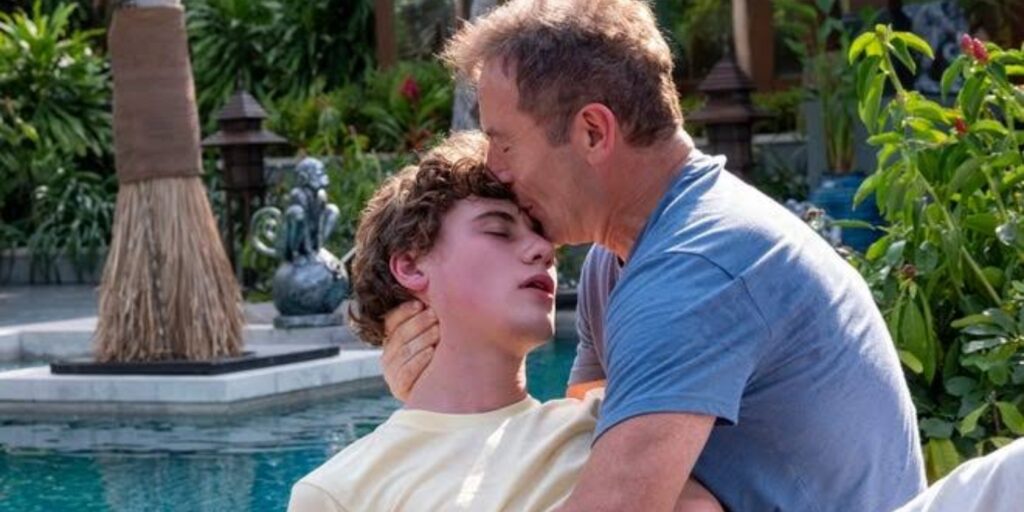
In a season heavy with betrayal and bloodshed, the Ratliffs’ storyline provides a subtler but equally unsettling form of existential crisis. What begins as a rich family with access to all kinds of luxury turns into a family with nothing without even realizing it. Tim, their patriarch, transforms from an insecure idealist into a dangerously detached dreamer.
In case you missed it: ‘The White Lotus’ Season 3 Finale’s Wildest Theories Claim A Lot More Bloodshed
His attempt to “gracefully” end his family’s life through poisoned piña coladas is horrifying in concept. When he changes his mind, it’s not because of a moral epiphany but a moment of panic. That’s what makes it real. The morning after, when Lochlan unknowingly drinks a protein shake blended in the same contaminated blender, we’re jolted back into the nightmare.
Yet this story doesn’t close on vengeance or forgiveness, it closes on ambiguity. Tim’s fate, like many in the episode, is left hanging in a quiet moment. As he stares at water droplets on a boat ride away from Thailand. He looks a lot more peaceful than he was when he first arrived. However, it’s scary for us viewers rather than satisfactory due to his unhinged behavior on the vacation.
The episode’s final emotional gut punch, however, belongs to Laurie. At a dinner table with her beautiful, seemingly perfect friends, she breaks down in what might be the most emotionally honest scene of the season. Her words, “I’m glad you have a beautiful face, and I’m glad you have a beautiful life, and I’m just happy to be at the table,” are something everyone with childhood friends can resonate with. So, while it may not be the ending fans hoped for, perhaps it’s the one we deserve.

